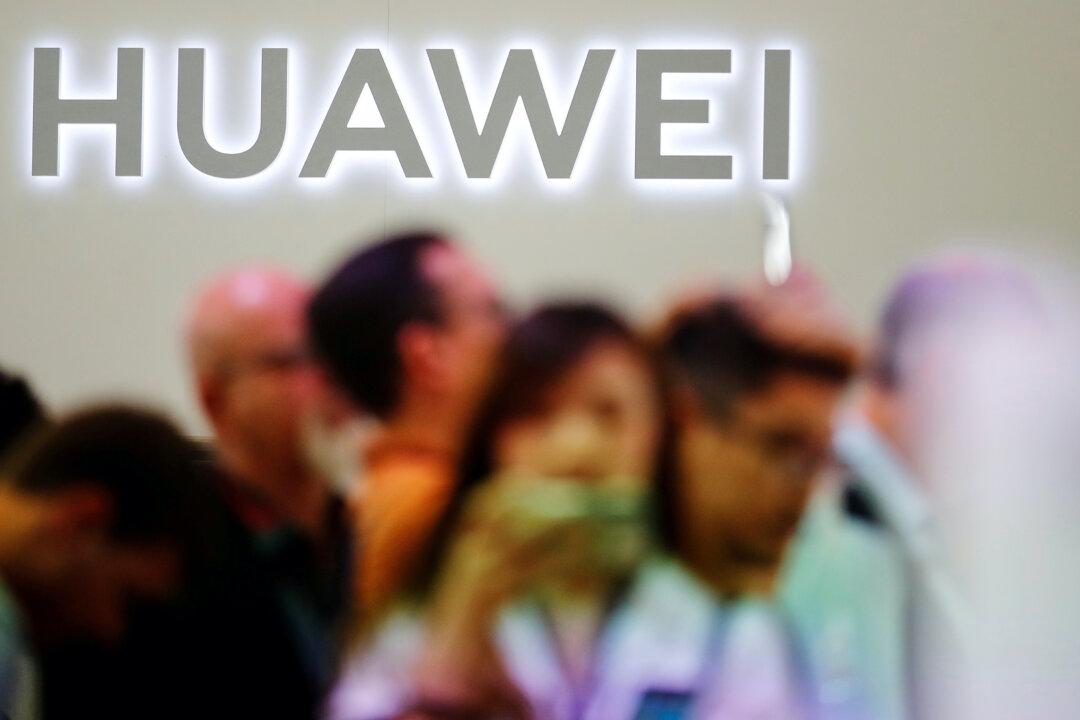A federal judge in Texas on Tuesday rejected Chinese telecommunications equipment maker Huawei Technologies’ constitutional challenge to a U.S. law that restricted its ability to do business with federal agencies and their contractors.
In a 57-page decision, U.S. District Judge Amos Mazzant ruled in favor of the United States, concluding that Congress acted within its powers by including the restriction in the National Defense Authorization Act, which also targeted Chinese company, ZTE Corp.





